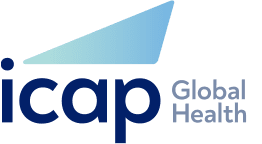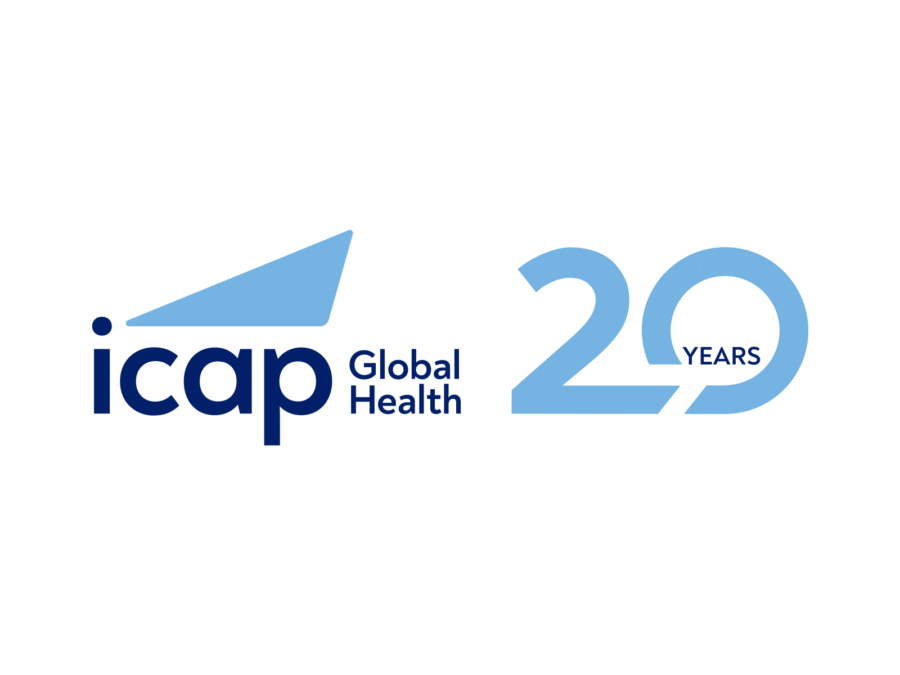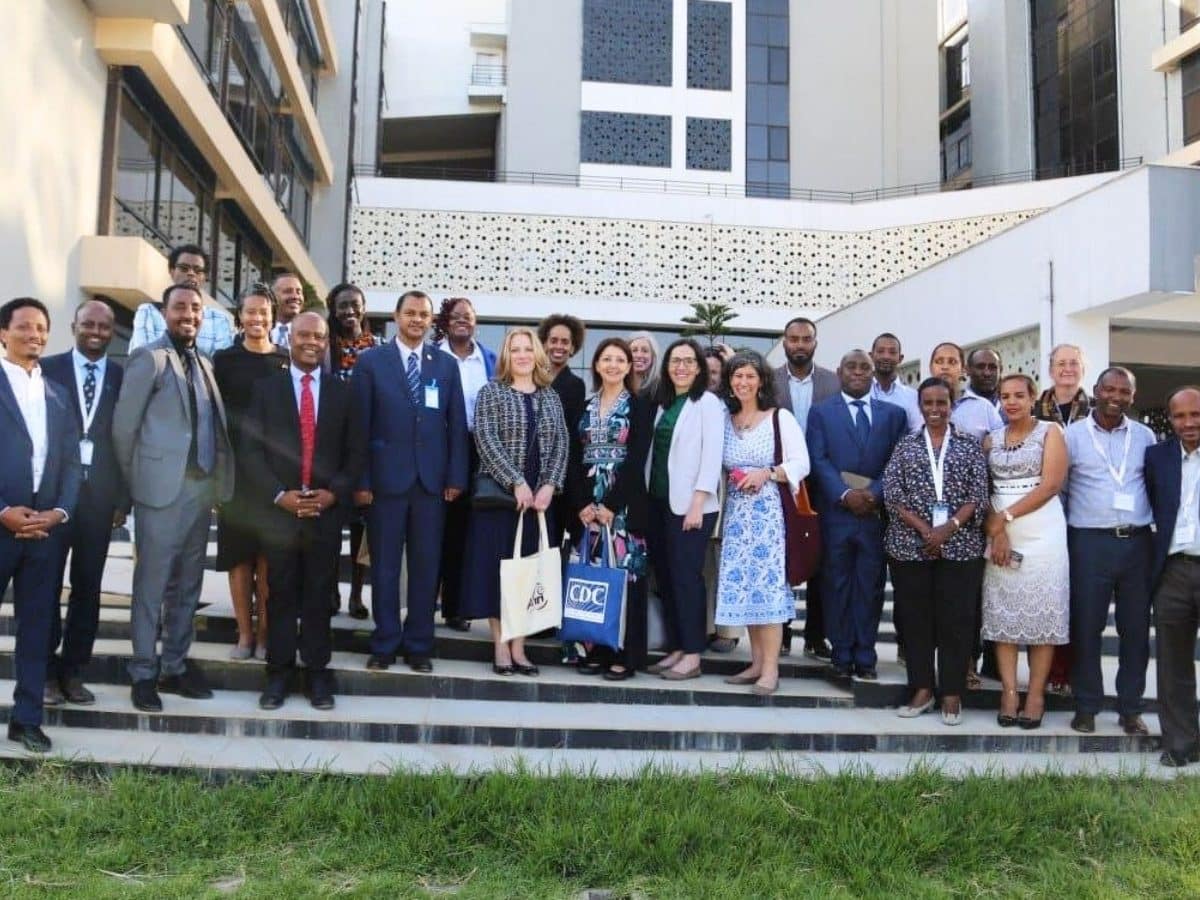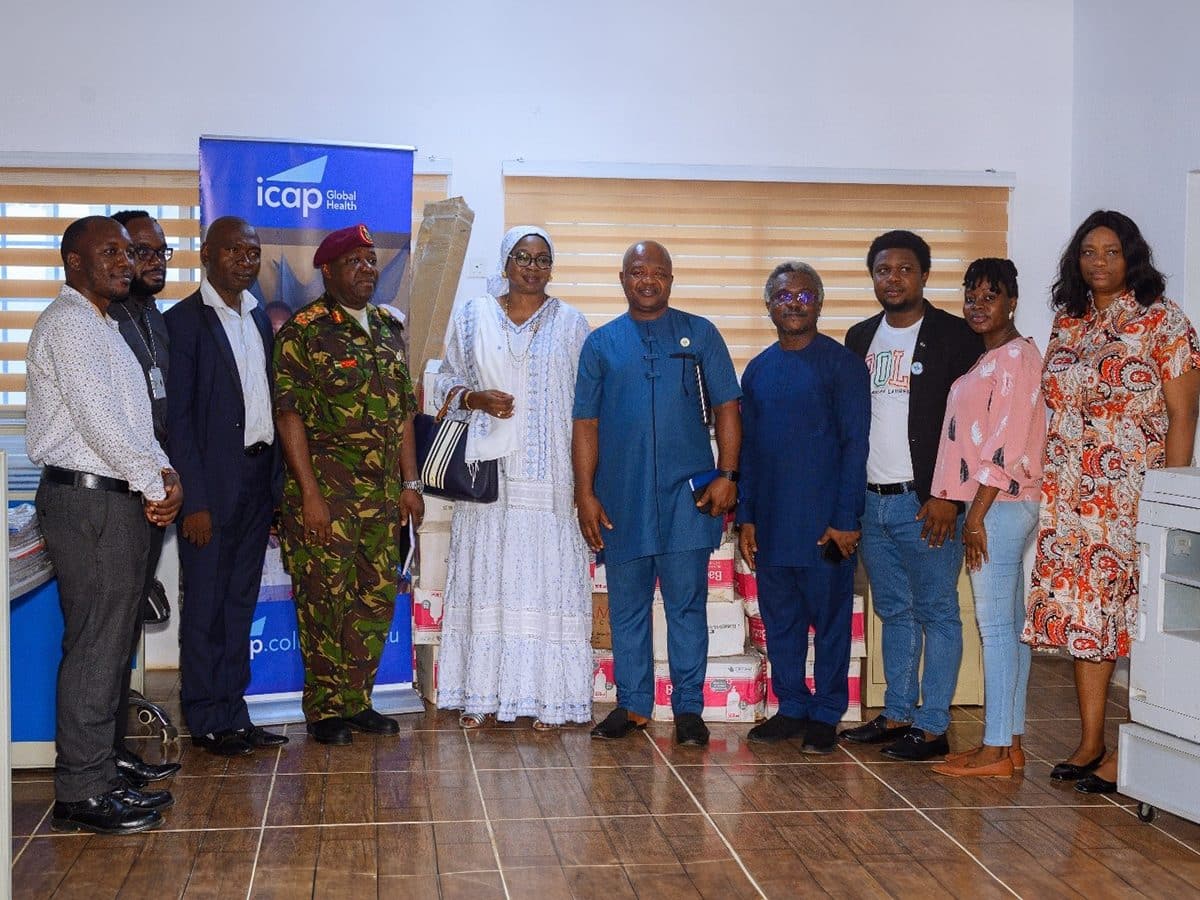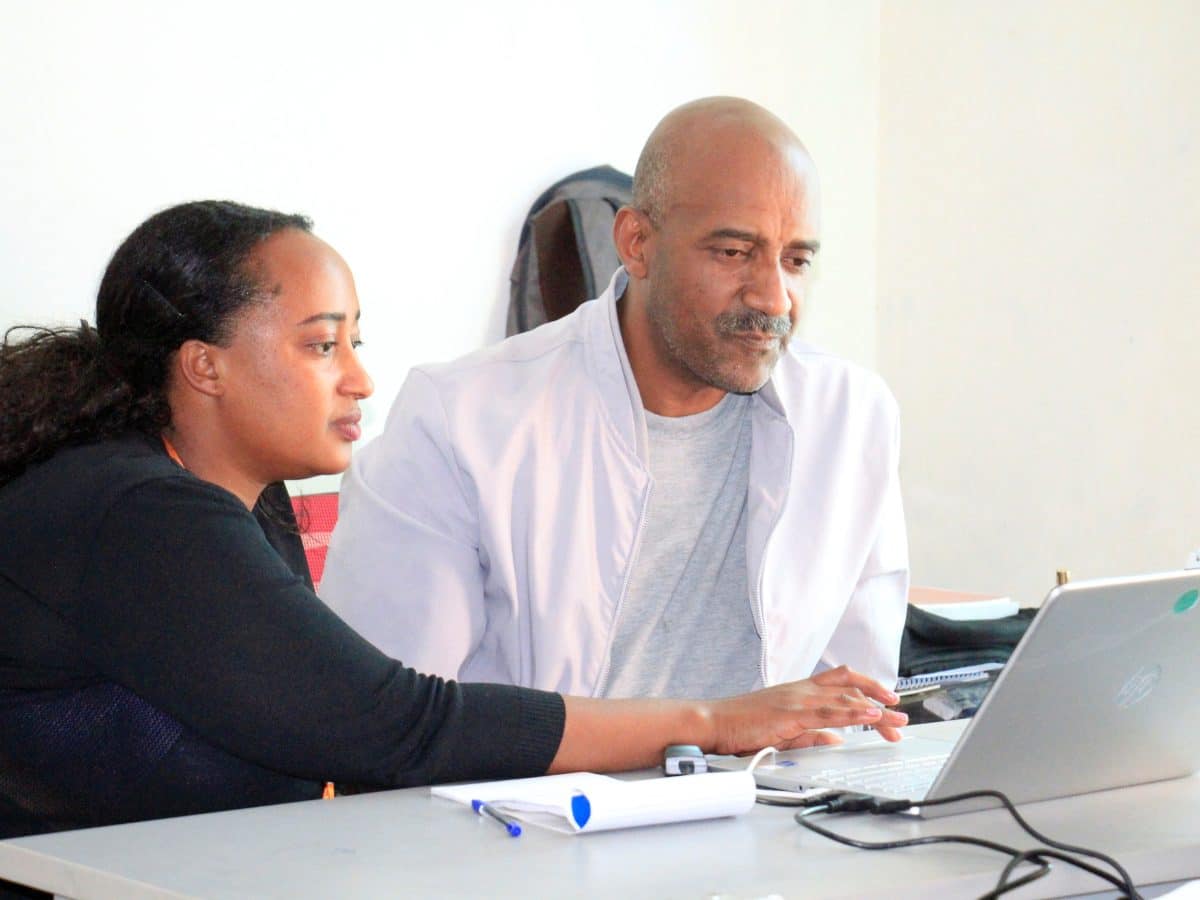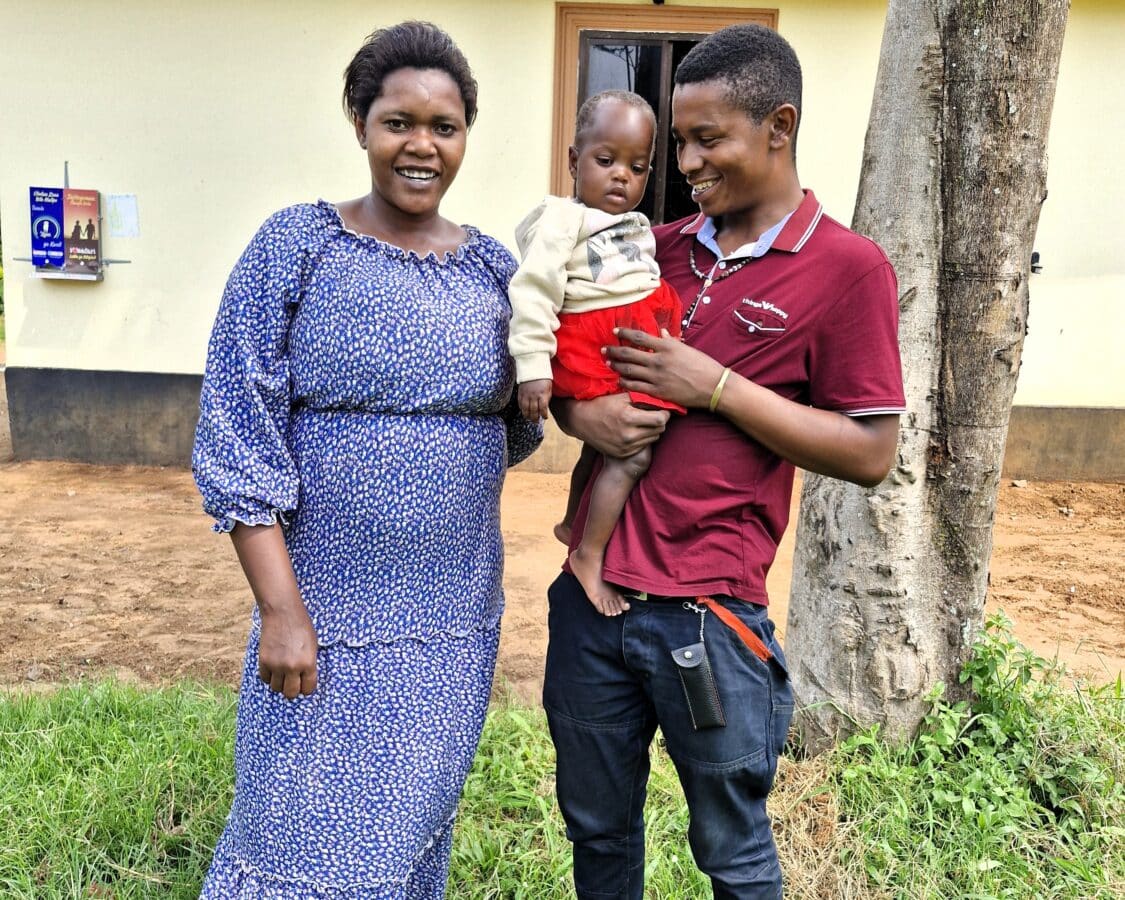Last month, in Ethiopia’s Dire Dawa Region, ICAP met with over 80 health care providers and regional health authorities to share the findings of an implementation science research study looking at innovative approaches to prevent tuberculosis (TB) among people living with HIV.
Isoniazid is an inexpensive but often under-utilized medication that has been shown to reduce TB risk. The WHO has long recommended isoniazid preventive therapy (IPT) as a TB prevention measure for people living with HIV, and Ethiopia has recommended the use of IPT in its national HIV treatment guidelines since 2007. In 2012, however, just 18 percent of people living with HIV were receiving IPT in Ethiopia. Available data indicate this is due, in part, to limited awareness among health care providers of IPT’s efficacy and concerns about drug toxicity for people also receiving antiretroviral therapy.
To address these gaps in care, evidence-based, effective models for scaling up IPT in high-burden, resource-limited settings are urgently needed. While a small number of studies have described specific interventions to improve IPT initiation in such settings, few have rigorously assessed a combination approach that addresses programmatic, structural, and psychosocial barriers.
The ENRICH Study was a cluster-randomized trial, supported by PEPFAR through the National Institutes of Health (NIH), to evaluate the effectiveness and acceptability of a package of practical, scalable interventions targeting multiple barriers to IPT initiation and adherence among people living with HIV. Conducted from 2013 to 2015, ICAPcollaborated on this research with the Regional Health Bureaus of Harari and Dire Dawa, building on ten years of partnership working together to scale up HIV prevention, care, and treatment and enhance TB/HIV service integration in these regions.
For the study, ICAP developed a unique intervention package carried out at the health facility level that focused on providing training, mentorship, and tools to existing health workers. The package included a clinical algorithm to help providers consistently screen HIV-positive patients for TB, assess IPT eligibility, initiate IPT, and provide follow-up patient monitoring and care. A member of the research team provided ongoing mentorship to providers and attended routine meetings with clinic staff to review data on IPTimplementation and discuss patient cases. Patient participants received reimbursement for their transportation costs and cell phones that were used to receive adherence support messages and appointment reminders via interactive voice response (IVR). Peer educators were also recruited and trained to provide education and adherence support to patients.
Ten public health facilities in Dire Dawa and Harari were randomly assigned to provide either the standard of care, as dictated by national guidelines, or to deliver the standard of care plus the ENRICH interventions. Clinic data were abstracted on all patients who enrolled in HIV care at the ten study sites between January 2013 and November 2015. These data were used to measure IPT initiation, IPT completion, and retention in care of 883 IPT-eligible patients newly enrolled in HIV care across the study’s two arms.
The key findings from the study on effectiveness of the multi-component intervention show that IPT initiation among patients was higher than prior to the study, and IPT completion and adherence were also high, but there was no difference in initiation and completion by study arm. In terms of acceptability, however, the ENRICH package was well-received by health care teams.
Providers at intervention sites reported feeling empowered to promote IPT with patients and felt that adherence to their overall care plan improved. Nurses said the training came at the right time, as they had been encouraged to promote IPT, but felt they lacked the knowledge to do so. Both nurses and peer educators reported they had developed a positive, complementary working relationship in the clinic setting. Nurses appreciated the ability of peer educators to support patient education. Peer educators, on the other hand, embraced their position as role models able to help others and felt appreciated by clinic nurses.
Patients also found the ENRICH intervention package to be highly acceptable and reported that clear information provided in the treatment literacy sessions and cell phone reminders made a difference. As people living with HIV, they reported that the respectful, empathetic approach of health workers and peer educators helped compensate for the stigmatizing attitudes and lack of social support many experienced at home.
Based on these findings, use of enablers—including cellphones and reimbursement of transportation costs—cannot be recommended as strategies to improve IPT initiation and completion among people living with HIV. Enhanced monitoring and evaluation of IPTimplementation, however, may be sufficient to increase health worker focus on this important measure to prevent TB among people living with HIV.
ENRICH demonstrated that high rates of IPT initiation and completion are achievable in programmatic settings. With the study now complete, ICAP is supporting the regional health bureaus in Dire Dawa and Harari in their efforts to ensure continued high levels of IPT implementation for improved health outcomes among people living with HIV.
To learn more about the ENRICH study methods, read the full Project Brief.

